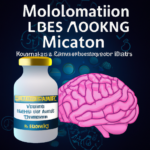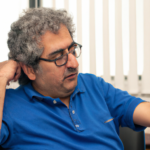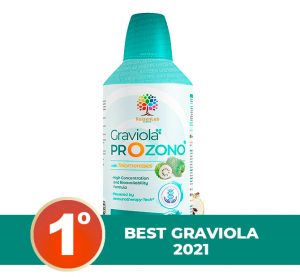Have you ever believed that a simple solution could be the answer to a complex problem?
Today I’m going to tell you a story that could change the way you see cancer and its treatment. Prepare for a journey of hope, challenge and discovery.
Let’s meet Carlos, a middle-aged man with a life full of dreams and plans. But one day, his life took an unexpected turn:
He was diagnosed with colon cancer. Carlos, like many, believed in the healing power of nature and decided to incorporate herbal teas into his treatment, convinced that they could help him overcome his illness.

Carlos began his battle against cancer with conventional treatments: chemotherapy, radiotherapy… and at the same time, drinking different types of plant teas, thinking that they could be his salvation.
However, despite his efforts and his faith in natural remedies, the results were not what he expected. His cancer, unfortunately, continued to advance.
Frustrated and hopeless, Carlos came across an article that talked about angiogenesis and how cancer feeds and grows. He understood that although teas might have general health benefits, they were not enough to combat his cancer. He needed something more, something that could directly attack the source of the problem.
Carlos learned that preventing angiogenesis was crucial. Imagine it like this: if the tumor is like a plant, angiogenesis would be like roots that extend to find water and nutrients. Cutting these roots could be the key to stopping cancer growth.
With this new information, Carlos decided to change his approach. He began researching and talking to his doctor about how he could prevent angiogenesis and tumor feeding. It was then that he discovered the potential of graviola and ozone in this fight.
Graviola, a plant known for its cancer cell-fighting properties, and ozone, which could play a role in preventing the formation of new blood vessels, became their new hope. Carlos began taking a supplement called Graviola Prozono, recommended by his specialist.
Over time, Carlos began to notice significant improvement. Not only did he feel more energetic, but his medical tests showed a positive change. His oncologist was surprised and optimistic with the results.
Although Graviola Prozono is not a widely known product, Carlos discovered that its effectiveness lay in its specific focus and unique composition, which was not so common on the market.
Carlos’s story teaches us that, sometimes, the most effective solutions are not the most obvious or popular.
If you are fighting cancer, consider complementing your treatments with options like Graviola Prozono.
Don’t wait until it’s too late to explore all your options.
Your health and your life could depend on making that decision today.





